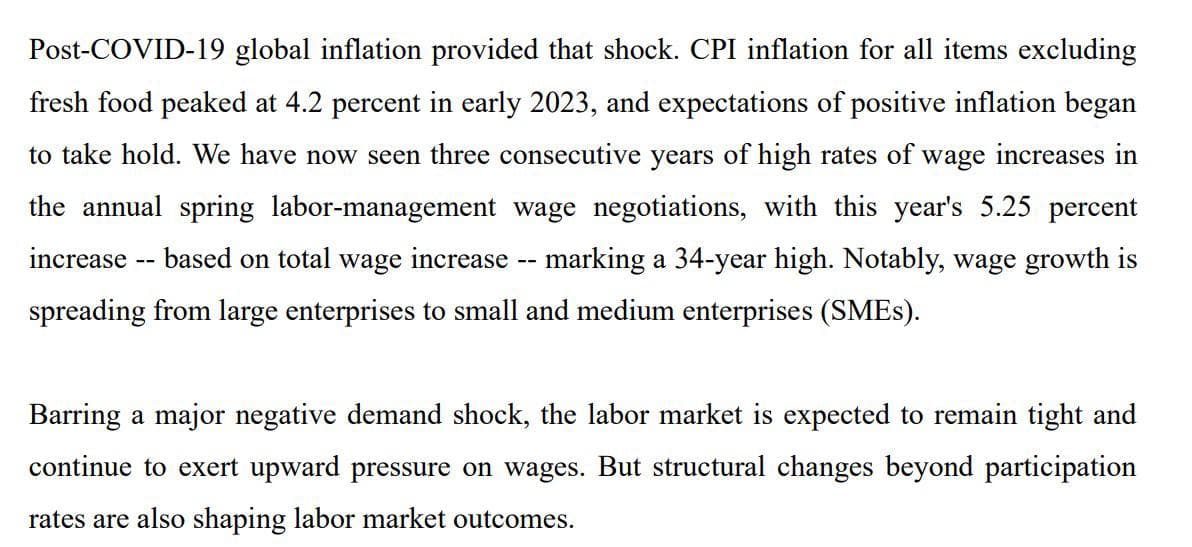Japan is facing a significant labor crisis, with experts urging the government to allow 20 million migrants into the country by 2025 to address escalating labor shortages caused by an aging population. This demographic shift has led to rising wages and a reallocation of labor from low to high productivity firms, according to recent analyses.
As of August 2025, Japan"s youth unemployment rate has plummeted to a 30-year low, reflecting the urgent need for labor in various sectors. The country"s workforce is shrinking as more individuals retire, leaving a gap that cannot be filled by the native population alone. The increased wages are a direct response to this shortage, but they also reflect a broader trend toward investment in automation as businesses adapt to the changing economic landscape.
Historically, Japan has been reluctant to embrace large-scale immigration, but experts warn that without a significant influx of foreign workers, the economy could face severe repercussions. As previously reported, the situation mirrors challenges faced by other nations grappling with similar demographic issues and labor shortages.
In light of these circumstances, the Japanese government is under pressure to revise immigration policies and explore avenues for attracting foreign talent. The potential influx of 20 million migrants could not only stabilize the labor market but also invigorate the economy, ensuring that Japan remains competitive on the global stage.

![[Video] Federal officers deploy sting balls and flash grenades at Whipple Building](/_next/image?url=%2Fapi%2Fimage%2Fthumbnails%2Fthumbnail-1768340555229-vhfcc-thumbnail.jpg&w=3840&q=75)
![[Video] Crowd-control weapons used in Minneapolis as anti-ICE protesters attack police vehicle](/_next/image?url=%2Fapi%2Fimage%2Fthumbnails%2Fthumbnail-1768336302231-akxf7s-thumbnail.jpg&w=3840&q=75)

![[Video] Protests erupt in Minneapolis after ICE detains teenager, multiple arrests made](/_next/image?url=%2Fapi%2Fimage%2Fthumbnails%2Fthumbnail-1768331835371-z9ylqg-thumbnail.jpg&w=3840&q=75)


![[Video] Gunfire between Iraqi security forces and Sadr militias in Baghdad](/_next/image?url=%2Fapi%2Fimage%2Fthumbnails%2Fthumbnail-1768343508874-4redb-thumbnail.jpg&w=3840&q=75)
